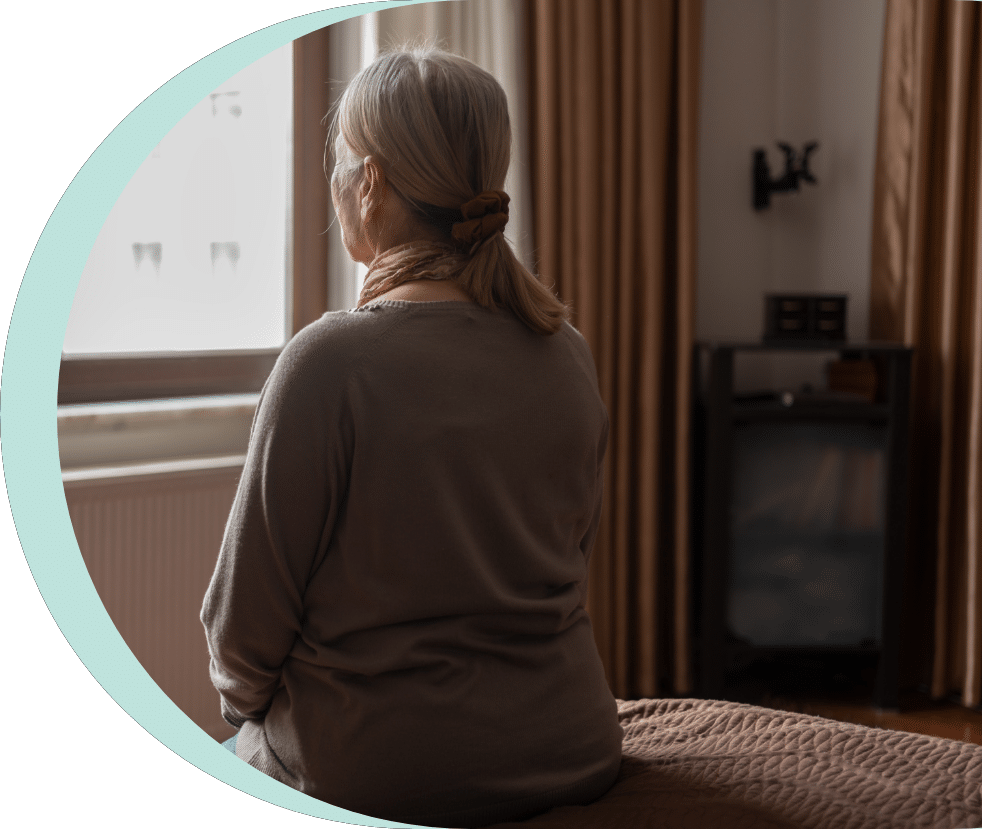Dementia in Seniors
Dementia is a collective term used to describe a group of symptoms affecting cognitive ability, memory, thinking, and behavior. It is not a specific disease but rather a syndrome caused by various conditions that damage brain cells. Dementia is more commonly seen in older individuals and progressively impairs their daily functioning. Understanding the causes, symptoms, and treatment options for dementia is crucial for the well-being of affected individuals and their caregivers.

What Are Common Causes of Dementia?
The causes of dementia are diverse and can include neurodegenerative diseases such as:
- Alzheimer’s disease
- Vascular disorders (e.g., stroke)
- Lewy body dementia
- Frontotemporal disorders
- Parkinson’s disease
- Huntington’s disease
- Traumatic brain injuries
- Infections like HIV or Creutzfeldt-Jakob disease

Symptoms of Dementia in Seniors
The symptoms of dementia can manifest differently in each individual but generally include:
- Memory loss: Difficulty recalling recent events, forgetting names or places, or repeating questions.
- Impaired communication and language: Struggling to find the right words, significant changes in the ability to speak or write coherently.
- Difficulties with focus and concentration: Struggling to complete tasks, getting easily distracted, and experiencing decreased decision-making abilities.
- Confusion and disorientation: Becoming disoriented in familiar surroundings, losing track of time, and having difficulty recognizing people.
- Impaired problem-solving and reasoning: Struggling with mathematical calculations, managing finances, or making decisions.
- Changes in mood and behavior: Exhibiting feelings of depression, anxiety, irritability, and becoming more agitated or aggressive.
- Decline in motor function: Experiencing difficulties with coordination, balance, and fine motor skills.
Dementia Treatment Options
While there is currently no cure for most types of dementia, various approaches can help manage the symptoms and enhance the quality of life for affected individuals. Treatment options include the following.
Treatment for Dementia in Primary Care
Empower your journey toward cognitive well-being with Greater Good Health’s innovative approach to treatment for dementia in senior primary care. Our team understands the unique challenges faced by individuals and their families dealing with dementia. Contact Greater Good Health today, and let us guide you towards a brighter, more supportive future where every moment matters.

Our Dementia Treatment Services
Explore our senior healthcare services for dementia. With a blend of cutting-edge treatments and compassionate expertise, we offer a supportive environment where dignity and quality of life take center stage.